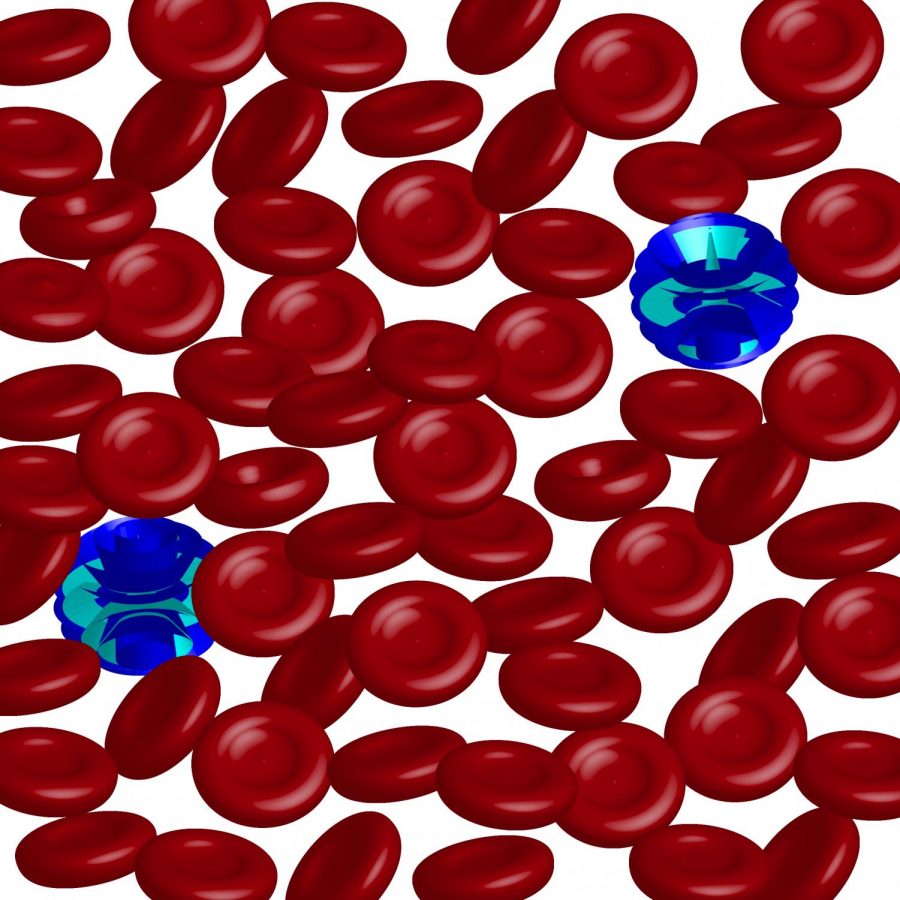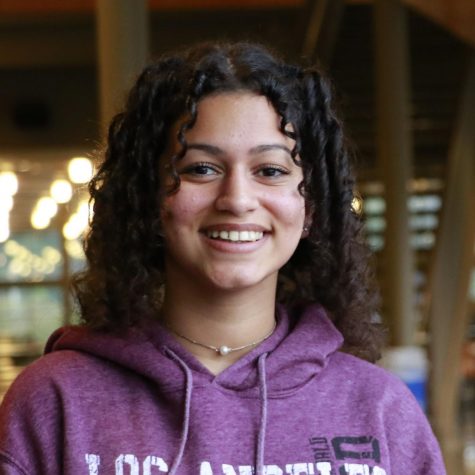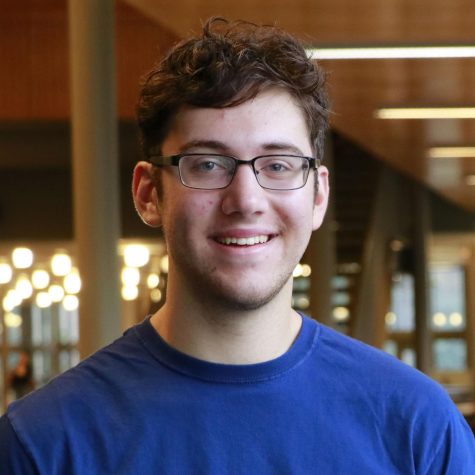Tennessee Teen Free of Cancer
SCARY DIAGNOSIS: Tennessee teen Chloe Cress diagnosed with a cancerous tumor on her heart. Rhabdomyoscarcoma (RMS), the type of cancer Cress was later cured of, is one that can affect the head, neck, urinary and reproductive organs, arms, legs, chest and abdomen.
January 31, 2020
In early June of 2018, Shawn Cress reported to his local doctor that his daughter, Chloe Cress, was having severe back pain and limping. Within days, Chloe’s limp turned into a high fever. Doctors ran several tests that “didn’t look good,” Shawn recalls. Chloe was then taken to Niswonger Children’s Hospital in Johnson City, Tennessee. She was given a Computed Tomography (CT) scan, allowing doctors to find the source of her pain: a giant tumor near Chloe’s heart, which had spread to the esophagus and some of her vertebrae.
Not even 12 hours after her results, Chloe was flown to St. Jude Children’s Research Hospital in Memphis. It was there that Chloe was diagnosed with alveolar rhabdomyosarcoma (RMS). According to the American Cancer Society (ACS), alveolar rhabdomyosarcoma is a rare cancer that “begins when cells in the body start to grow out of control.” RMS is a type of sarcoma, a cancer that develops from connective body tissues, like muscles, fat, bones, joints, or blood vessels. Some of the most common sites of RMS include the head and neck (such as around the eyes, inside of nasal sinuses, or near the spine at the neck), urinary and reproductive organs (bladder or prostate gland), arms and legs, the chest, and the abdomen.
During an interview, Shawn told CNN that upon hearing the news, “You just break down. It just scares the life out of you. You just think, ‘I am gonna lose my kid,’ and it’s really helpless, because there is nothing you can do about it.” Chloe, on the other hand, told CNN that she was mainly worried at first. “I was worried about something happening to my whole family because of me. I mean like money problems, and all sorts of things like that. Being unable to have the same house that I grew up in, unable to have my dogs all the time. Basically, I was afraid of losing everything I love that isn’t allowed to be at St. Jude.” During Chloe’s stay at the hospital, however, she was able to visit her dogs, Buu and Rollie, every month, which was the “most uplifting part” of the process. “They’re my emotional link,” Chloe said.
Upon treatment, Chloe received radiation and chemotherapy, which triggered esophageal problems, causing Chloe to have eight separate procedures. About 17 months after Chloe’s diagnosis, the doctors delivered the good news: Chloe, now 14, was finally cancer-free.
“Thank God my daughter has beat cancer,” Shawn said. “It’s just crazy. It has been so long, and you lose hope along the way, but it’s finally over. It is surreal. You just can’t describe how happy you are. You kind of just keep going through the treatment and wonder when we’re gonna get there.”
“For me, the hardest part of having a loved one in the hospital is knowing that there really is nothing you can physically do to make them get better,” says freshman Avni Doshi. “I lost my grandfather to lung cancer in 2016, and one of the clearest things in my head that I remember from the experience is just leaving the hospital after visiting him, expected to go on about my daily life, not knowing whether he would be okay or not. It was so stressful, because I knew that any moment, he could be gone without much warning. Especially at the very beginning of his diagnosis, when his doctors were running all these tests on my grandpa to understand what they were dealing with. I remember sitting with my mom in the waiting room, both of us completely unsure what could happen to him,” she continued.
Digging deeper into processing a loved one’s sickness, sophomore Parker Watts, whose grandmother was able to beat breast cancer in 2017, says that “the worst part of her illness was watching her positive attitude towards the whole thing. She seemed so ‘okay’ with being sick, and she wasn’t nearly as upset as me, or anyone else in the family, for that matter. I guess it made me feel guilty. I bet it’s difficult, being sick and worried about your own health on the inside, but feeling the need to appear strong and accepting on the outside, just so your family members are put under less stress. When we got the news that she had beat breast cancer, I physically felt a huge weight get lifted off my shoulders. I was so relieved, I felt like I could finally continue living my life without the fear of having to saying goodbye to my grandmother.”
In order to regain some of the money spent on hospital bills, surgical procedures and treatment, the Cress family started a GoFundMe, where they have raised $2,463, exceeding their original goal of $1,000. “It’s crazy how much love and support you can receive,” Shawn said. “Always have hope, because when it seems like everything is at its worst, God can make miracles happen.” Chloe and Shawn Cress returned to their home on Dec. 21, 2019, just in time for Christmas.




